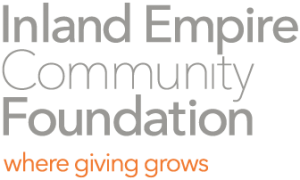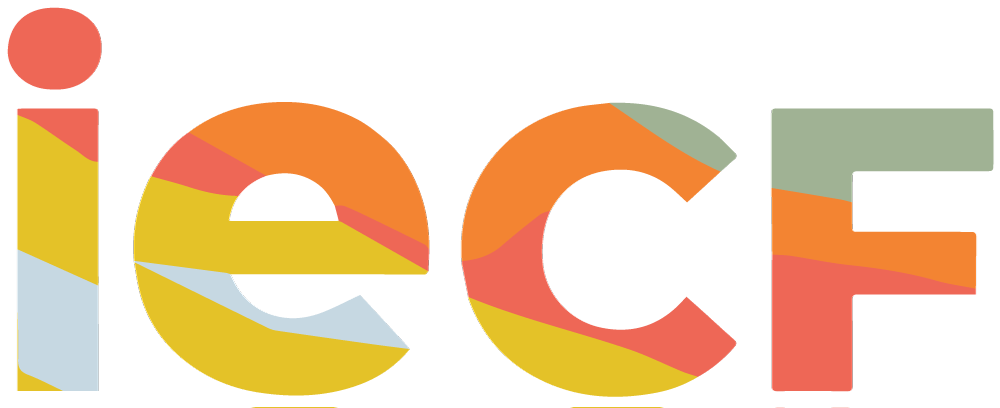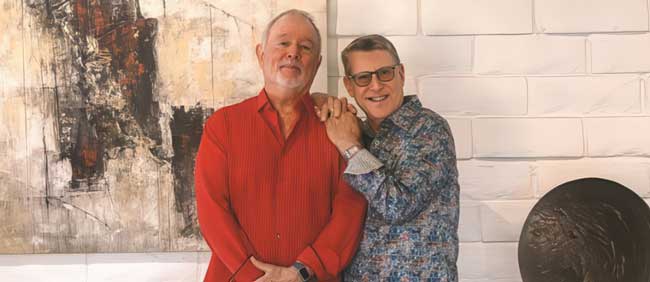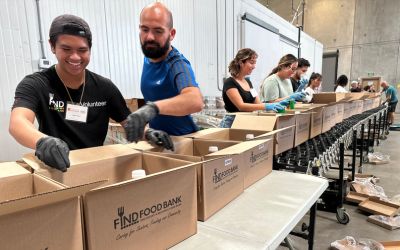
Student volunteers back boxes at FIND Food Bank
Ending hunger today, tomorrow and for a lifetime is a bold endeavor. But that’s not deterring FIND Food Bank.
Founded by Wayne Johnson in 1983 in Cathedral City, FIND, which stands for Food in Need of Distribution, now serves about 5,000 square miles of eastern Riverside and southern San Bernardino counties. Its primary goal remains as strong as ever: “to relieve hunger, the causes of hunger, and the problems associated with hunger through awareness, education, and mobilization of resources and community involvement.”
“Our commitment is to always make sure there’s enough food for everybody to eat in our Valley, so that they don’t have to wonder where their next meal is,” says FIND Food Bank President and CEO Debbie Espinosa. “We want to give them that strong foundation to utilize and really tackle the root causes of hunger, and to be able to bring them out of the line.”
FIND’s food is comprised of donations, purchased goods, or federal government programs. The organization secures food donations at different points in the supply chain—statewide and local growers to wholesalers, manufacturers, and retail grocers. The Emergency Food Assistance Program (TEFAP), for instance, is a federal program of the USDA, which helps food banks distribute diverse, pre-packed foods sourced from different people and places.
Espinoza says it’s all part of the organization’s unique approach to end hunger. Period.
To be sure, the organization’s tireless efforts have not gone unnoticed. It now boasts an extensive list of programs and outreach to better serve the community.
The Senior Feeding Program, for instance, is a commodity supplemental food program, that assists 60+ seniors with nutritious USDA commodity dietary supplemental foods. FIND Food Bank is one of 10 food banks in the program providing these commodities to improve the health of seniors.
Other programs stand out.
Because children comprise 40 percent of those at risk of hunger in FIND’s service area, the organization partners with schools and community organizations to provide healthy food. In fact, more than 84 percent of Coachella Valley public school students qualify for free and reduced-price school meals.
On that note, the nonprofit’s Kid’s Summer Market is a 10-week long program geared to filling meal gaps for students on summer vacation.
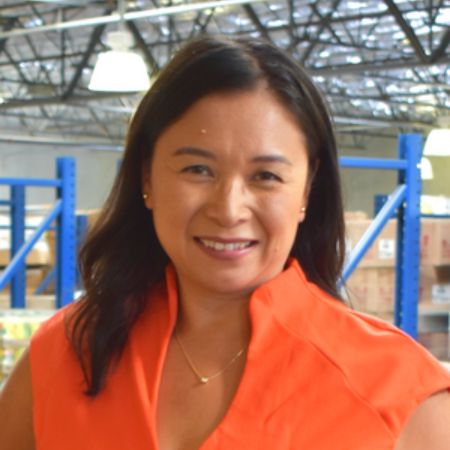
Debbie Espinoza
“In the summertime, we experience a strong increase in childhood food insecurity because they are not in schools where they’re receiving their school lunches and it impacts the entire family,” Espinoza says. “We partner with many of the school districts in order to ensure that it’s one-stop shopping. The school districts are doing the food distributions where they’re doing the meals, like the school lunches through the summer programs, but in addition to that, we’re doing the food distribution for the entire family to make sure they’re taking care of not just at lunch but at breakfast and at dinners, too throughout the summer.”
Elsewhere, FIND’s outreach team works one-on-one with clients, helping them apply for food benefits, rental and utility assistance, unemployment, SSI, and other financial resources. The goal is to offer people proper tools for self-sufficiency.
Recently, FIND Food Bank received a grant from The Todd Barajas Legacy Fund, from Inland Empire Community Foundation (IECF). The fund was established back 2016 for broad and general charitable uses and purposes. Espinosa says the grant buoyed the nonprofit’s general operating dollars, which supports all its programming.
“Our programmatic framework centers on ending hunger for today, tomorrow, and for a lifetime,” says Espinoza, noting that grant helped the nonprofit’s emergency food distribution sites for people that need food immediately, either because they’re running out of food or they’re experiencing food insecurity.
“It’s our mobile pantry programs,” she points out. “It’s our 150 distribution sites through supplying and supporting other non-profit organizations that have food pantries themselves, so they can focus on the people and the client services as opposed to sourcing for food to be able to put into their pantries.”
FIND Food Bank takes care of that for those entities, stocking their pantries. Additionally, the organization has about 44 community mobile markets, featuring food bank trucks that venture out to dense, high-food-insecurity areas.”
“We will bring the food directly into that community because they may or may not have a non-profit organization that has a food pantry there,” Espinoza says. “We want to make sure they have equitable access to healthy and nutritious foods throughout the Coachella Valley and the Desert region.”
Not surprisingly, the nonprofit has reached new highs over the last year.
“One of our biggest milestones was something we started this work in 2019 before COVID,” Espinoza shares. “We were very excited about launching the Ending Hunger for a Lifetime programmatic framework to really complete that 360-degree wraparound services. Then COVID happened and we had to take a little bit of a hiatus on launching those programs.
“But in the last year, we’ve really started to see the outcomes of that work in the initial first two years of investments,” she adds. “We’re getting amazing stories from people that are tapping into not just ending hunger for lifetime but utilizing all three of those elements to create a really food-secure platform.”
Learn more about FIND Food Bank at findfoodbank.org.
This story originally appeared in the Desert Sun, May 2024.
Learn more about the good work we’re doing at IECF through the power of philanthropy. Subscribe to our free monthly eNewsletter, Philanthropy Matters.
